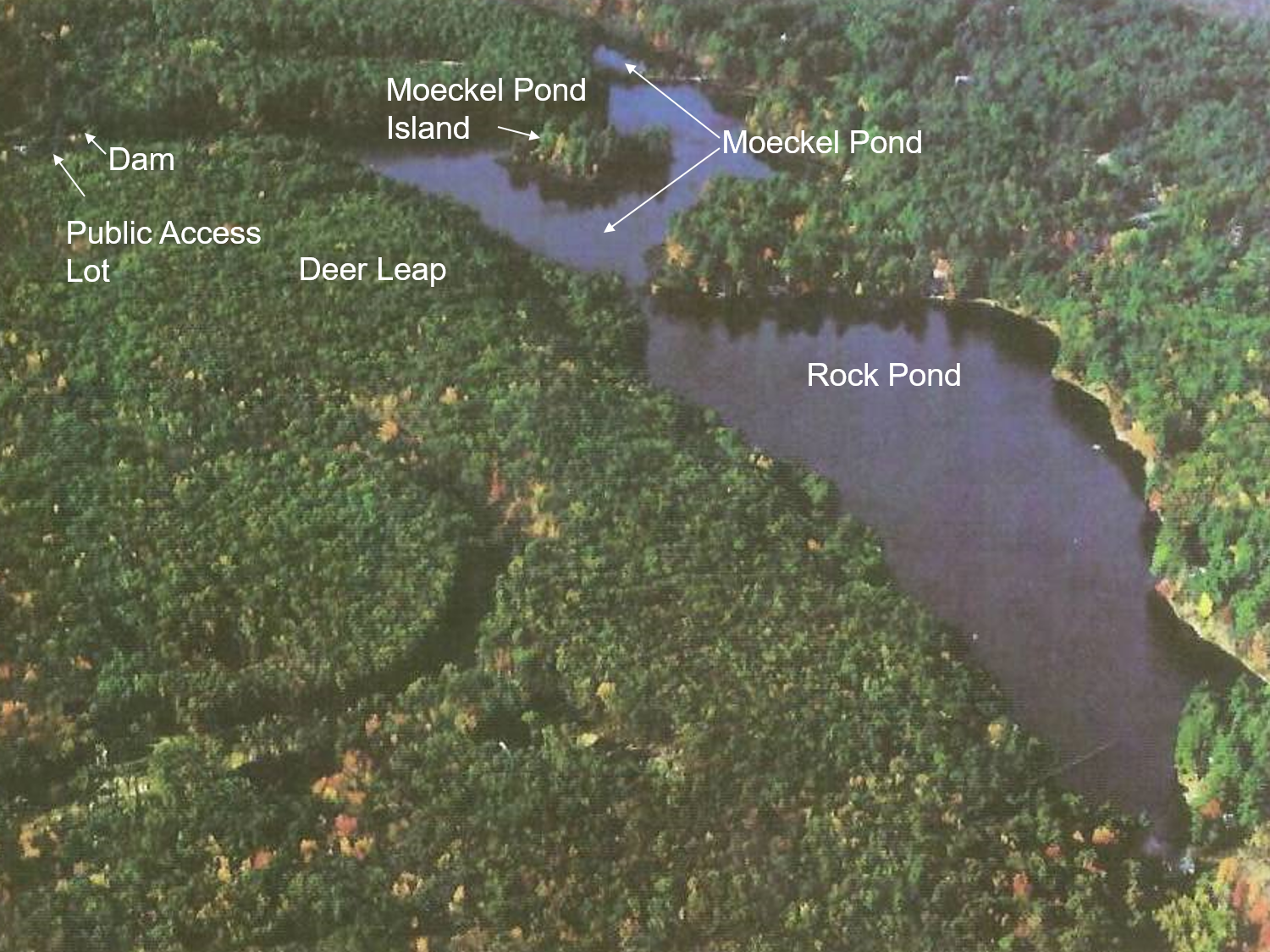Mission Statement
Through its activities, Friends of Moeckel Pond will develop for the Town of Windham a premier pond, wetland and nature area that will provide wildlife and environmental protection, educational experiences, historical renovation, passive water sport activities, and fire protection reservoir.
Project Goal
To permanently protect and restore 40 acres of wetlands and to renew one of New Hampshire’s highest priority wildlife corridors by re-establishing Moeckel Pond while opening formerly private land for public recreation.
The Friends of Moeckel Pond and the Windham Endowment‘s Environmental Subcommittee are partnering on this very important project. For detailed information about the project, the pond, and its importance to wildlife preservation and our community, please explore this site.
Please consider making a donation to support this effort! We are grateful for the support and cooperation coming from every part of our community, our neighbors in Pelham, and the State of New Hampshire. Thank you to our community partners!
Where is Moeckel Pond?
Reasons for the Project
For over 200 years, Moeckel Pond was a prime example of how humans and wildlife could coexist. Then, due to a deficiency in the stone dam that was built in 1778 to maintain the pond’s water level, the State of New Hampshire ordered that the dam be opened until further repairs could be made. As the water drained from the 40-acre shallow pond, so did the aquatic connectivity for the natural populations. Snapping turtles were forced to migrate, spotted and painted turtles were caught in the pond sediment, warm-water fish were cut off from this migratory corridor and trapped in shallow waterholes, dragonfly populations dwindled and waterfowl seen every spring on the pond as they migrated along the Atlantic Flyway disappeared.
The New Hampshire Wildlife Action Plan identified Moeckel Pond as part of one of the highest ranked habitats based on ecological condition. The Wildlife Action Plan states that, “Rapid urban development in many parts of the state was identified as the most potent risk to our wildlife, devastating the health of many terrestrial, wetland, and aquatic populations and irreversibly fragmenting their habitats.” In New Hampshire, ten percent of non-tidal wetlands have been filled or drained for roads, residential development and security. More specifically, Windham has seen the highest population growth in the state over the last ten years, indicating that land is becoming scarcer. This may be one of the last opportunities to preserve 40 acres of natural wetlands. Now, the coexistence treasured for over two centuries has been lost.
 Environmental Impact
Environmental Impact
Everyday, more and more wetland areas are being destroyed. Construction, drought, storms and rising sea levels are taking a toll on coastal and inland habitats. The losses of these habitats have documented impacts on migrating and non-migrating bird populations. Moeckel Pond has historically been a stopover along the Atlantic Flyway for waterfowl and woodland bird populations. Pond biodiversity also added an abundant food source of small fish, insects, worms, small frogs, toads and mollusks. Located on the edge of a large forested area, the pond was abundant with vegetation and biologically diverse aquatic life. Since the pond has been drained, migrating waterfowl no longer stop here.
As with migratory birds, Moeckel Pond supported forest wildlife that visited daily for water, food and play. Since Moeckel Pond was drained, reports of moose, deer, bobcats, fisher cats, coyote and fox in surrounding residential neighborhoods have increased. It seems clear that this shift in activity is due to the loss of habitat and food once supplied by Moeckel Pond.
Moeckel Pond also improved water quality through nutrient uptake and helped fight climate change by sequestering carbon. According to Professor John Downing of Iowa State University, ponds bury carbon “as much as 20-50 times the rate at which trees trap carbon. In addition, ponds were found to take up carbon at a higher rate than larger lakes.” Restoring Moeckel Pond will have a significant positive environmental impact.
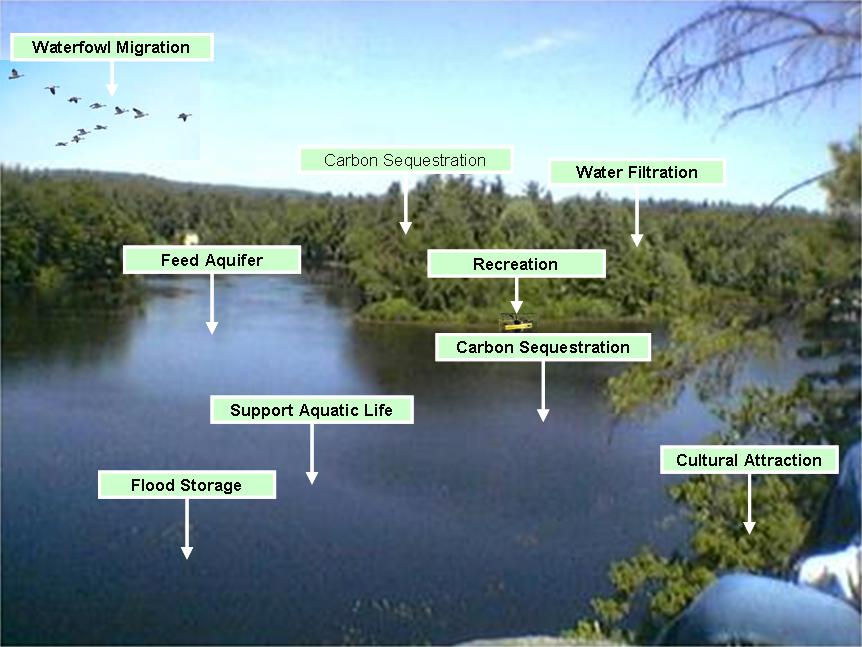 Community Impact
Community Impact
Moeckel Pond has been an important part of the history of Windham, New Hampshire since the late 1700s when it housed a mill. The pond became a sports and “fresh air” retreat in the early 1900s and was a for-profit recreation area until the 1980s at which time the owner retired and water recreation was banned. Residents of the area have been enjoying Moeckel Pond for years via the adjacent Deer Leap Conservation overlook, but the pond itself was never available for public boating, fishing, or passive winter sports like cross-country skiing and skating. Other ponds in town have either no or very limited access to the general public. Once completed, the Moeckel Pond Project will open Moeckel Pond to the 15,000 residents of Windham as well as others in the region.
Moeckel Pond provides an opportunity for early childhood experiences with nature and plays an important role in encouraging and maintaining the link between people and wildlife. Ponds are “the local waterbody”, touchable, and encourage exploration. On a larger scale, the loss of the pond has called a community to action and raised awareness in support of watershed protection.
Then & Now
| 1778-2010 | 2010-2020 |
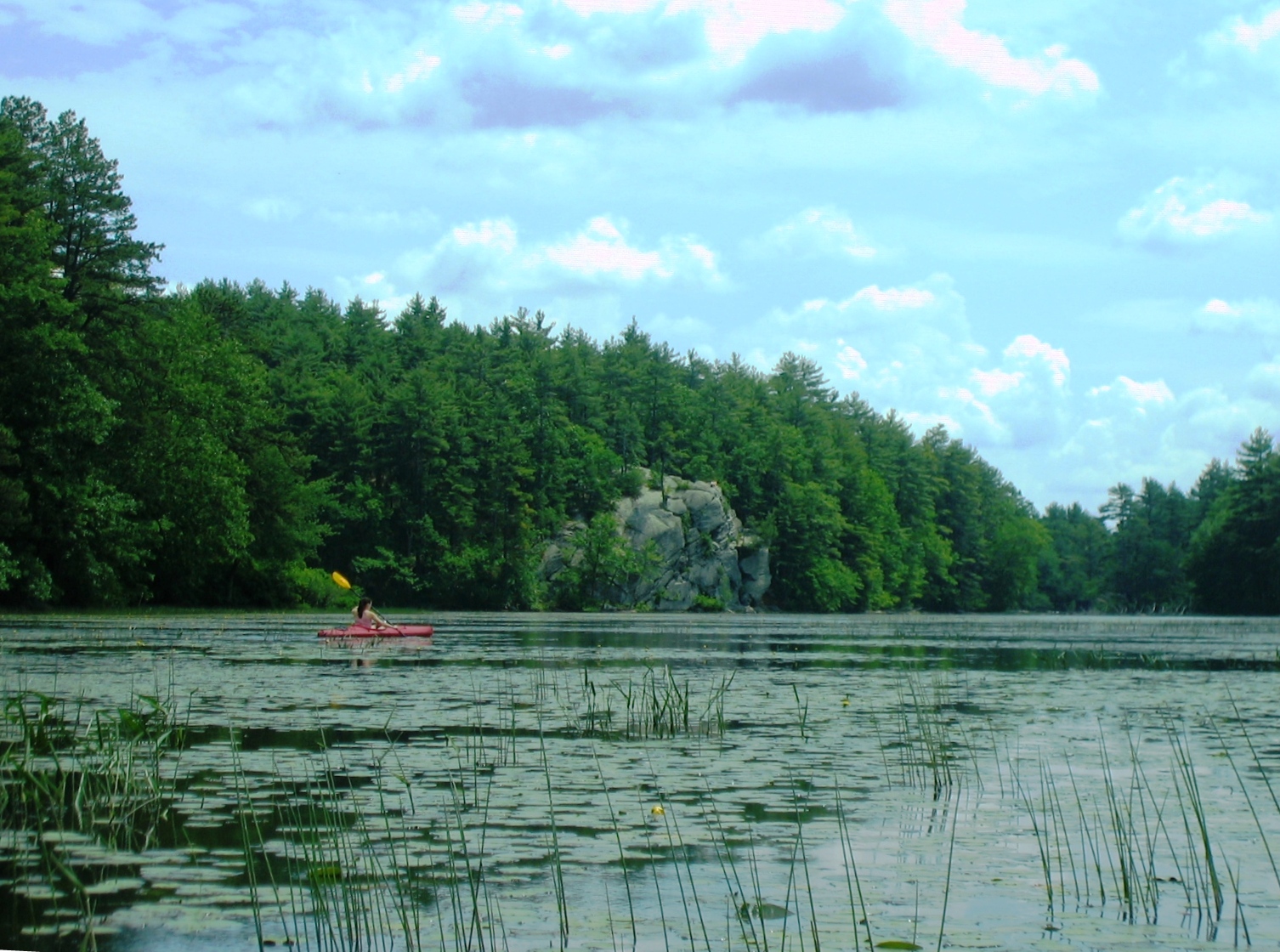 |
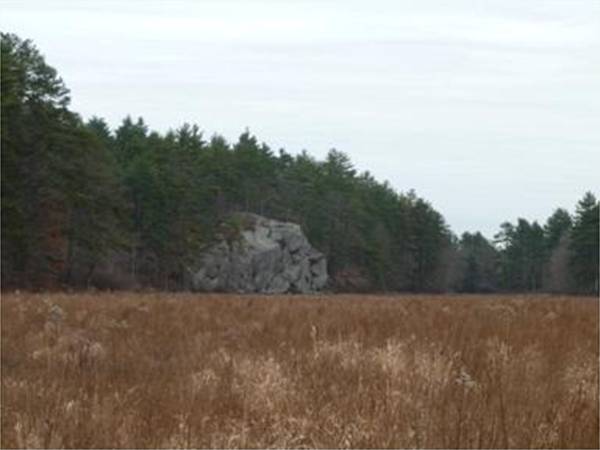 |
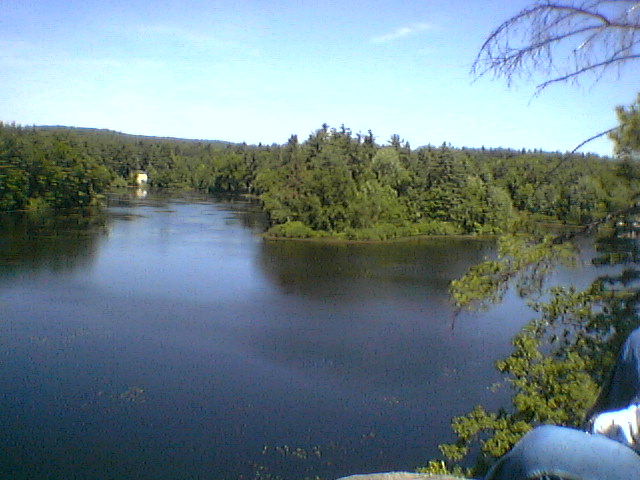 |
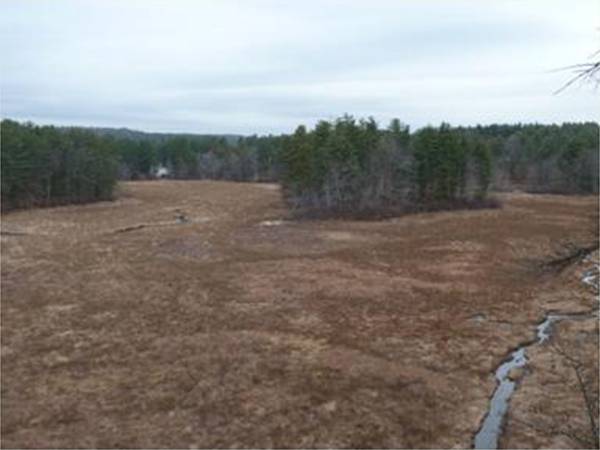 |
2020 and beyond:





